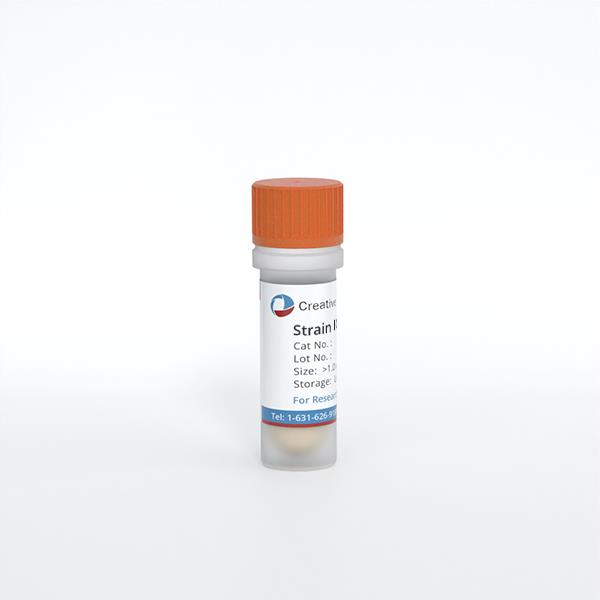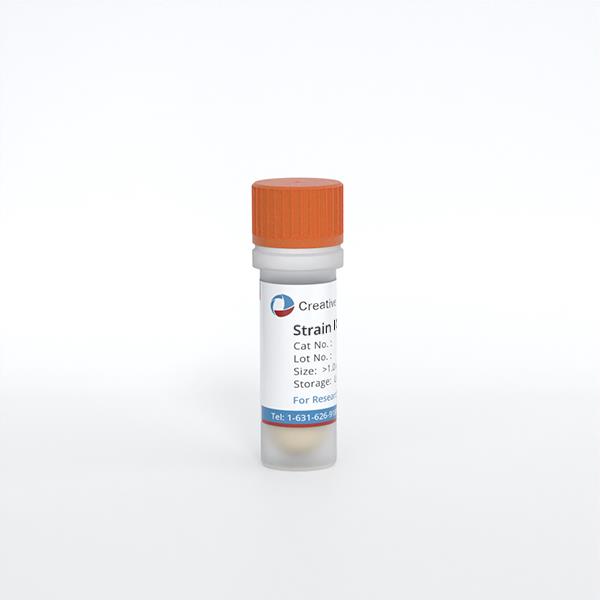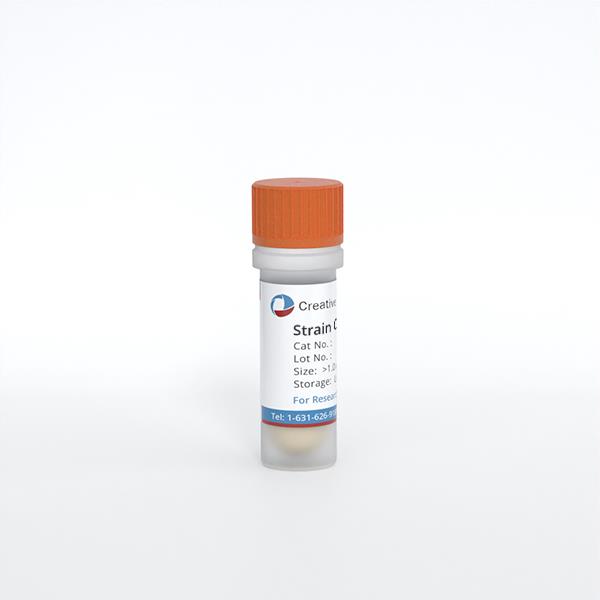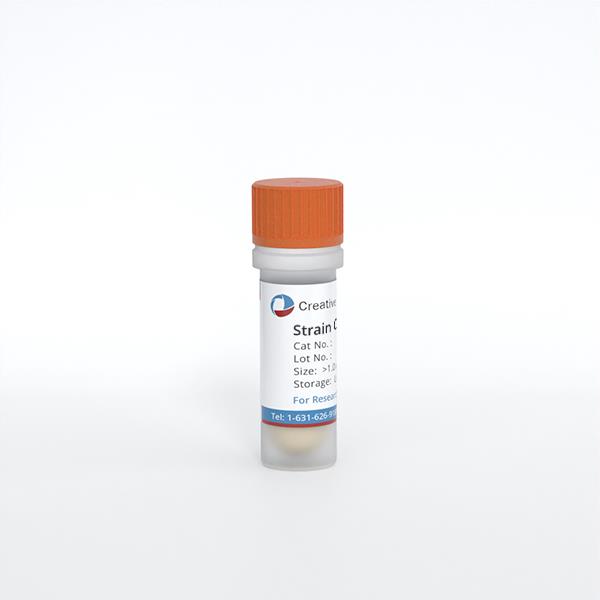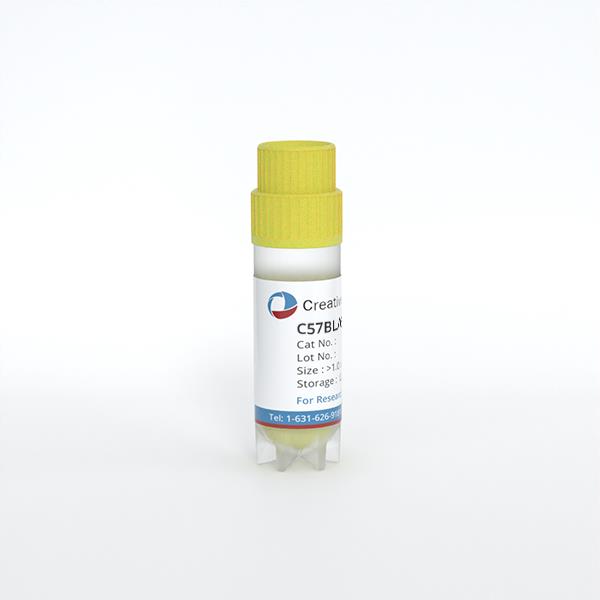Featured Products
Hot Products
ONLINE INQUIRY
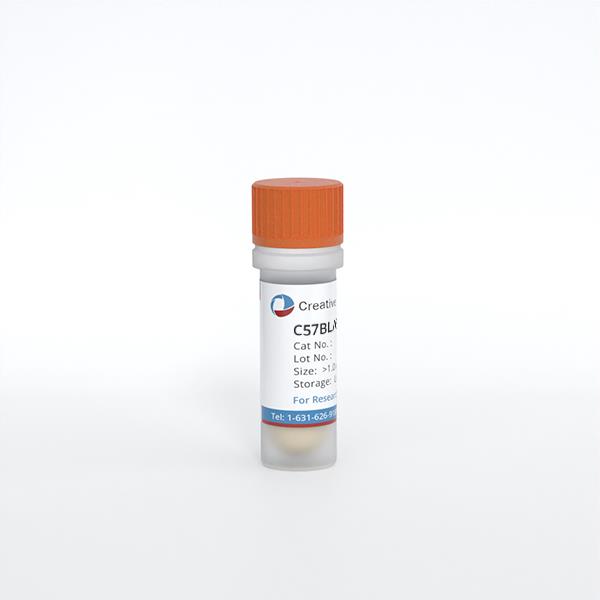
C57BL/6 Mouse Intestinal Endothelial Cells
Cat.No.: CSC-C4289X
Species: Mouse
Source: Intestine
Cell Type: Endothelial Cell
- Specification
- Q & A
- Customer Review
Cat.No.
CSC-C4289X
Description
C57BL/6 Mouse Intestinal Endothelial Cells from Creative Bioarray are isolated from tissue of pathogen-free laboratory mice. Mouse Intestinal Endothelial Cells are grown in T25 tissue culture flasks pre-coated with gelatin-based solution for 0.5 hour and incubated in Creative Bioarray's Culture Complete Growth Medium generally for 3-7 days. Cultures are then expanded. Prior to shipping, cells are detached from flasks and immediately cryo-preserved in vials. Each vial contains at least 1x10^6 cells per ml and are delivered frozen.
Mouse Intestinal Endothelial Cells can be used in assays of cell to cell adhesion, migration, vascular tube formation, or transendothelial resistance (TER). Standard biochemical procedures performed with endothelial cell cultures include RT-PCR, Western blotting, immunoprecipitation, immunofluorescent staining or immunofluorescent flow cytometry or generating cell derivatives for desired research applications.
Mouse Intestinal Endothelial Cells can be used in assays of cell to cell adhesion, migration, vascular tube formation, or transendothelial resistance (TER). Standard biochemical procedures performed with endothelial cell cultures include RT-PCR, Western blotting, immunoprecipitation, immunofluorescent staining or immunofluorescent flow cytometry or generating cell derivatives for desired research applications.
Species
Mouse
Source
Intestine
Recommended Medium
Complete Mouse Endothelial Cell Culture Medium
Cell Type
Endothelial Cell
Disease
Normal
Storage and Shipping
Creative Bioarray ships frozen cells on dry ice. On receipt, immediately transfer frozen cells to liquid nitrogen (-180 °C) until ready for experimental use. Live cell shipment is also available on request.
Never can primary cells be kept at -20 °C.
Never can primary cells be kept at -20 °C.
Citation Guidance
If you use this products in your scientific publication, it should be cited in the publication as: Creative Bioarray cat no. If your paper has been published, please click here to submit the PubMed ID of your paper to get a coupon.
Ask a Question
Write your own review
Related Products

